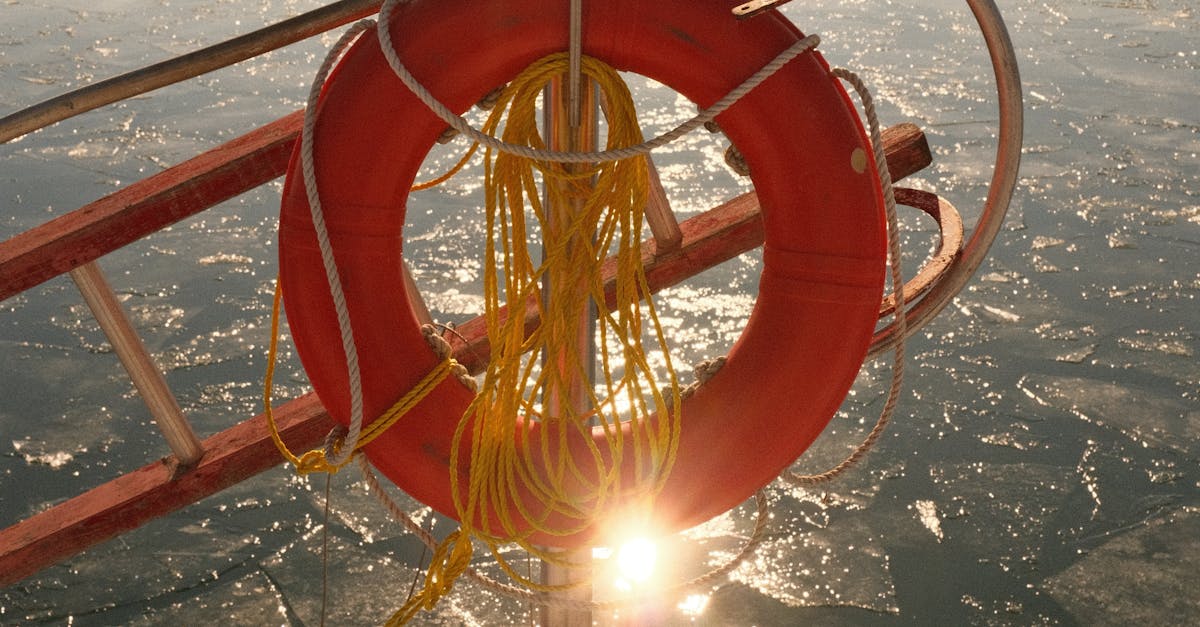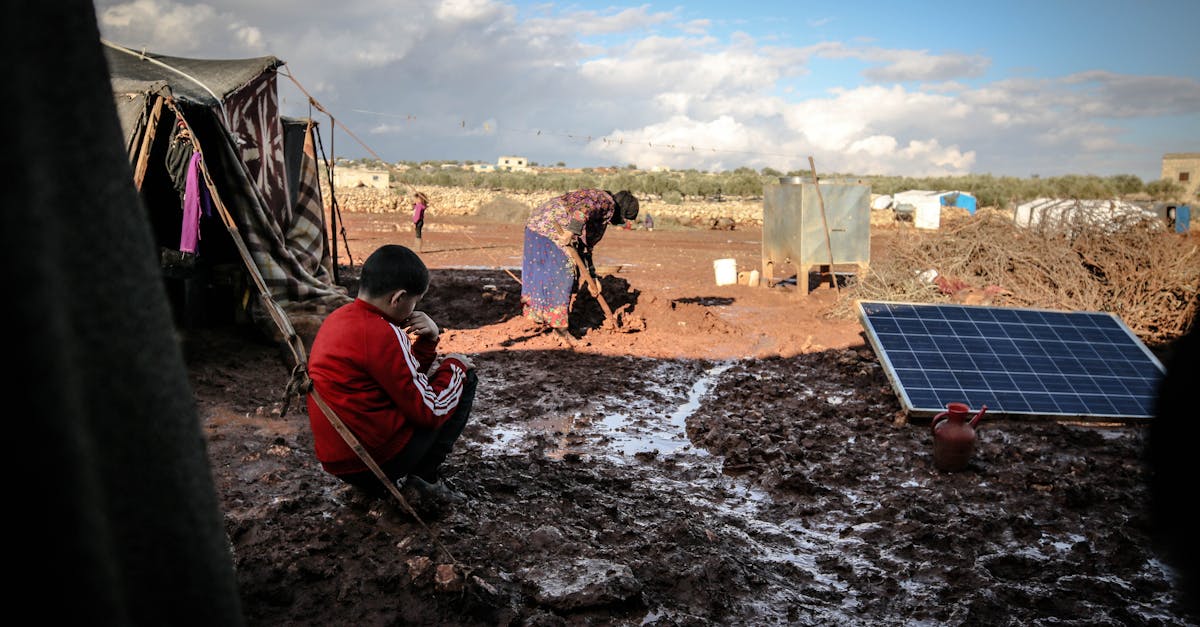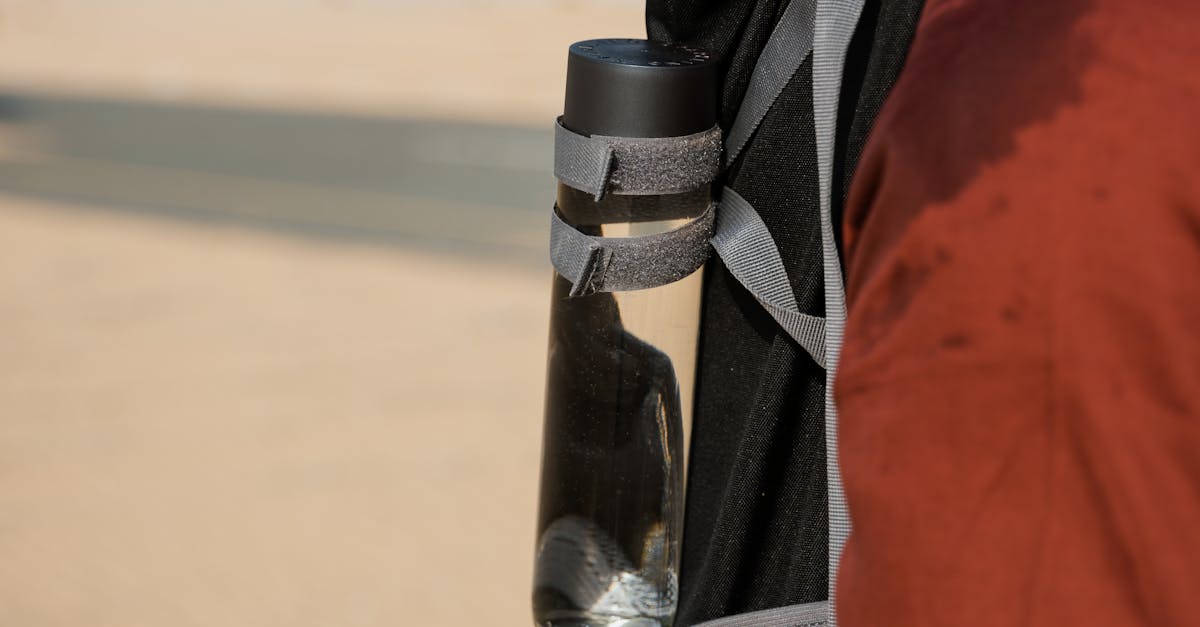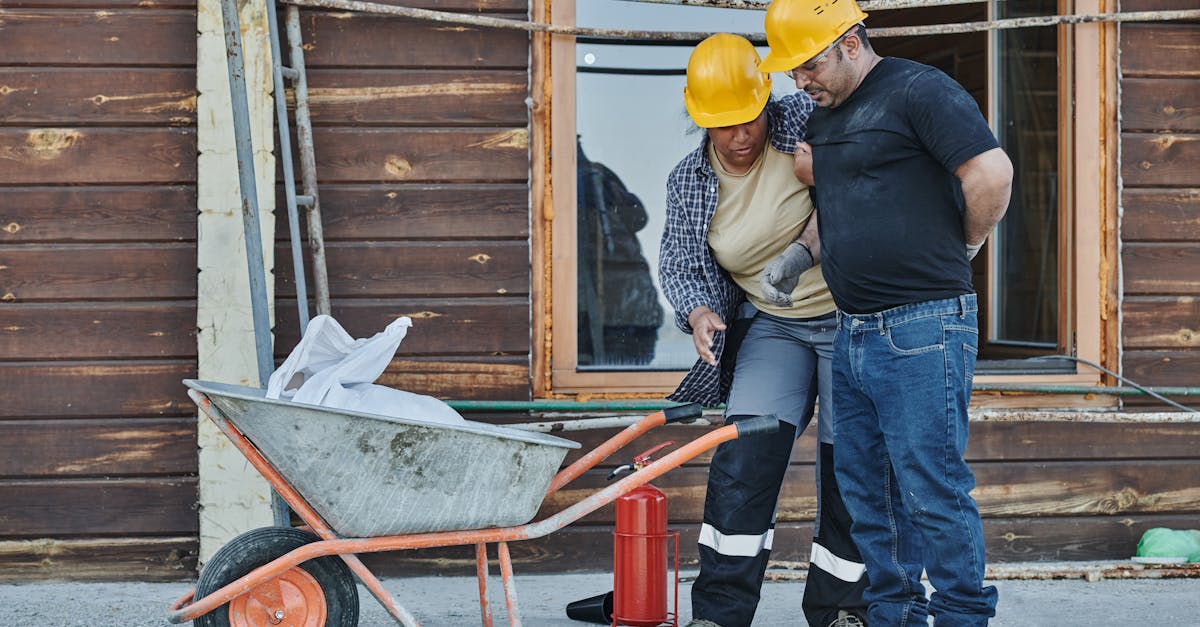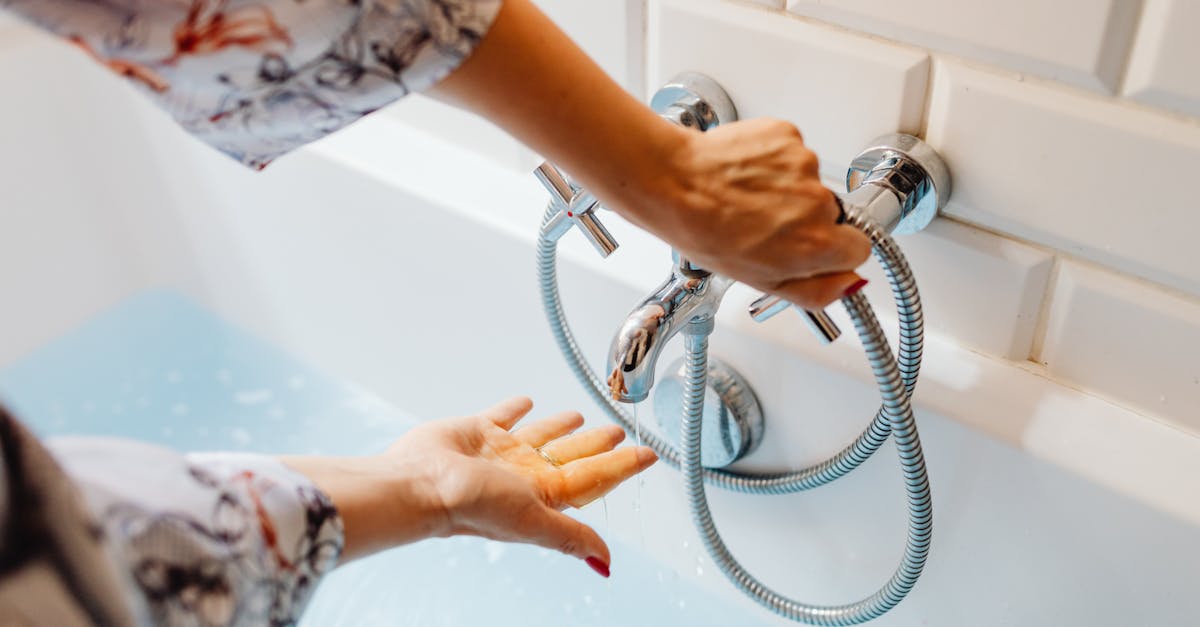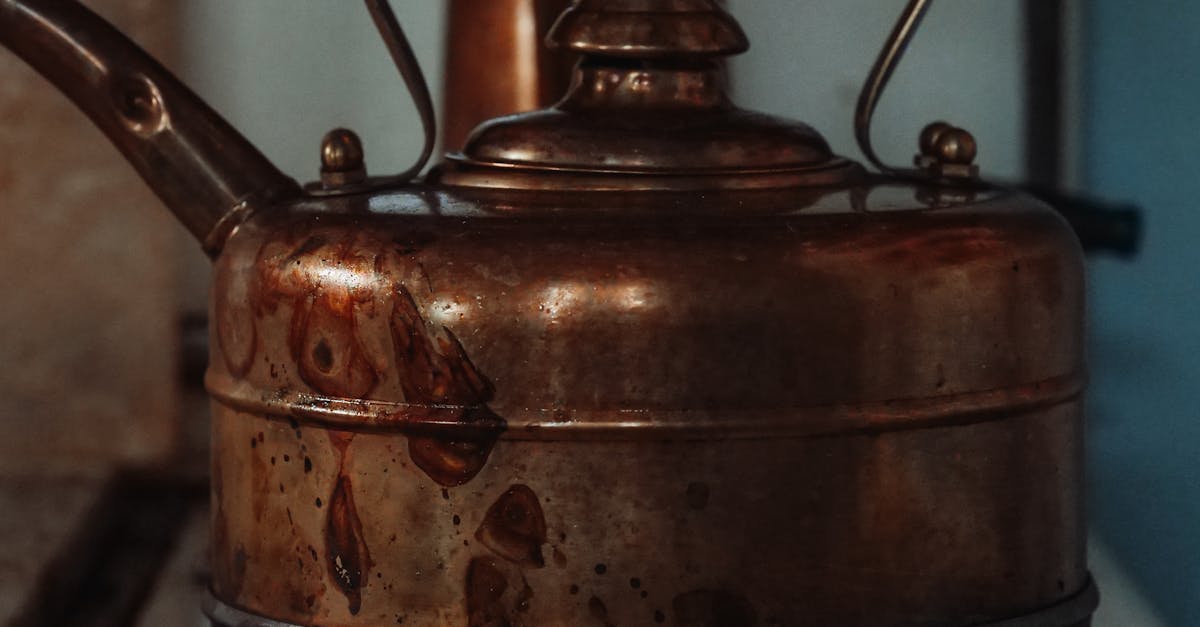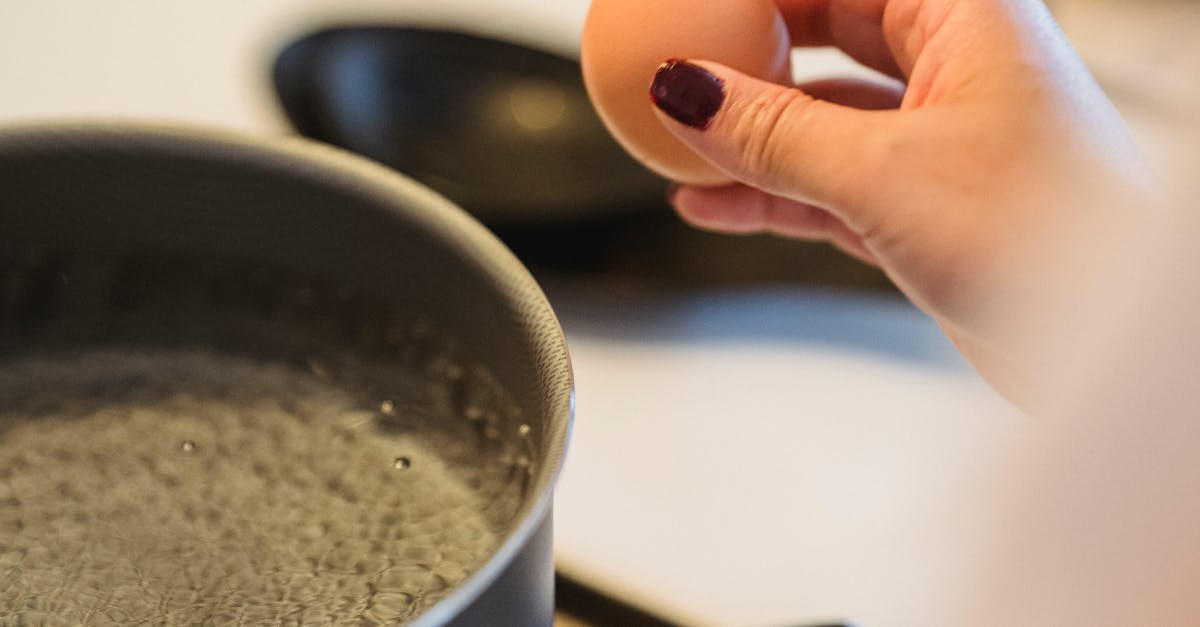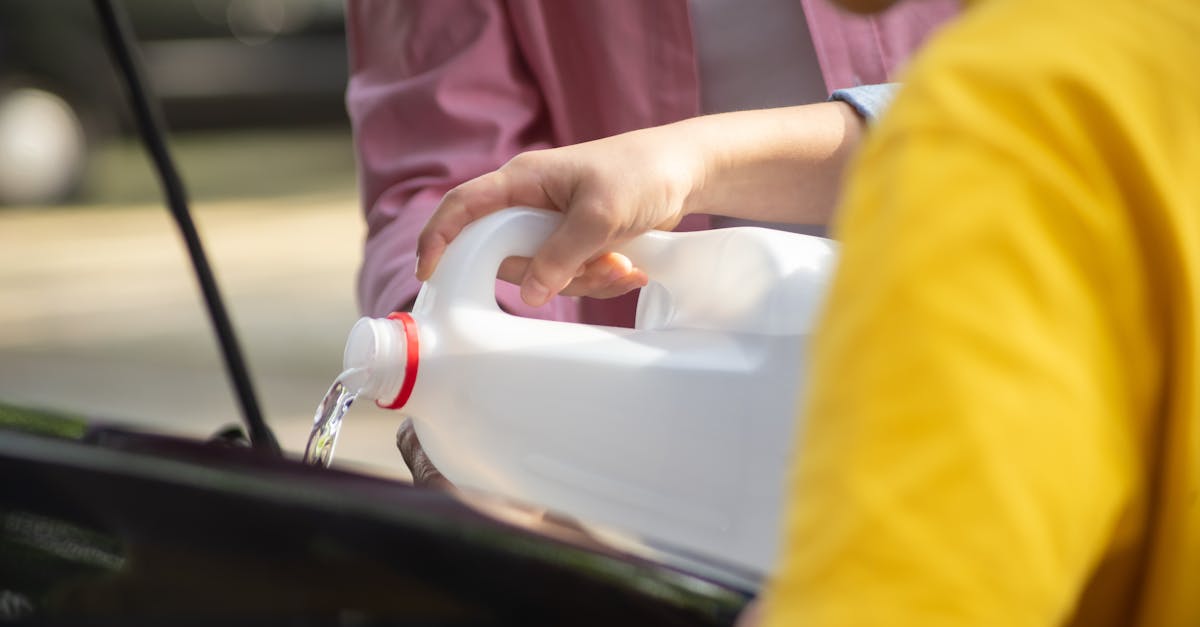
Table Of Contents
Sediment Buildup in Tanks
Sediment buildup in hot water tanks can significantly impact their efficiency and functionality. Over time, minerals, such as calcium and magnesium, accumulate at the bottom of the tank. This buildup creates a barrier between the water and the heating element, requiring more energy and time to heat water effectively. If this issue remains unresolved, it can lead to higher utility bills and reduced hot water supply, prompting the need for emergency hot water repair.
Addressing sediment buildup involves flushing the tank regularly to remove accumulated debris. Homeowners often overlook this maintenance step, which can lead to more severe complications down the line. In extreme cases, a heavily sedimented tank may require professional assistance to restore proper function. Regular maintenance not only prolongs the life of your water heater but also ensures you have a consistent supply of hot water whenever needed.
How It Affects Water Heating
Sediment buildup in water heaters can significantly hinder their ability to heat water efficiently. Over time, minerals such as calcium and magnesium from hard water can accumulate at the bottom of the tank. This buildup creates an insulating barrier between the heating element and the water, making it harder for the unit to achieve the desired temperatures. When the water heater struggles to heat the water, it may lead to insufficient hot water supply for daily needs.
When left unaddressed, this issue can escalate into more severe problems requiring emergency hot water repair. A malfunctioning water heater may not only result in insufficient heated water but can also increase energy consumption, leading to higher utility bills. Regular maintenance and flushing of the tank can help prevent sediment buildup and ensure the heater operates at peak efficiency.
Pipe Issues Within Your Home
Pipe issues within a home can be a significant factor contributing to the absence of hot water at the tap. Over time, pipes may corrode, leading to leaks or blockages. These issues can disrupt the flow of hot water throughout the plumbing system, making it difficult for the water heater to deliver hot water efficiently. Regular inspections and maintenance can help identify problems before they escalate.
If you suspect that your plumbing system has issues, it is crucial to take action promptly. Homeowners often overlook the signs of damaged pipes until a serious problem arises. In some instances, the situation may require emergency hot water repair to restore functionality and prevent further damage. Addressing these plumbing concerns swiftly can save both time and money in the long run.
Identifying Broken or Leaking Pipes
Detecting broken or leaking pipes in your home can be challenging, particularly if the leaks occur behind walls or under floors. Homeowners should be vigilant for unusual signs such as water stains on ceilings or walls, which may indicate a hidden leak. Damp or moldy areas near fixtures can also point to pipe issues. Regularly inspecting areas around sinks, tubs, and heating systems can help catch any leaks early and prevent extensive damage.
If you suspect a leak, addressing it promptly is essential to avoid costly repairs and water damage. With a confirmed leak, contacting a professional for emergency hot water repair is often necessary. A plumber can assess the situation and provide the needed repairs, ensuring your hot water supply is restored without significant complications. Proper maintenance and timely interventions can prevent bigger problems in the future.
Water Supply Interruptions
Unexpected water supply interruptions can create significant inconveniences for homeowners. Utility companies may occasionally experience problems that affect the supply of hot water. These disruptions can stem from emergencies, scheduled maintenance, or unforeseen issues with the infrastructure. When local repair work is being conducted, it often results in temporary outages that leave residents without reliable hot water.
In such situations, residents might need to seek emergency hot water repair services. Quick responses from professionals can help restore hot water promptly, minimizing the impact on daily activities. Understanding the reasons behind these interruptions can prepare homeowners for potential outages and emphasize the importance of timely repairs.
Local Maintenance and Repairs
Unexpected interruptions in hot water supply can often stem from local maintenance or repairs conducted by water utilities. When these entities schedule work on pipelines or infrastructure, residents may experience temporary loss of hot water access. Communication from local water authorities typically informs homeowners about planned maintenance, but unanticipated issues can arise without warning.
In such cases, it's essential to know how to respond effectively. If you find yourself without hot water during a local repair, reaching out to your water provider for information may clarify the situation. For urgent needs, some plumbing services offer emergency hot water repair to restore comfort swiftly. Understanding your water service cycle can help you prepare for these interruptions in the future.
FAQS
What are the common causes of no hot water from the tap?
Common causes include sediment buildup in the water heater, issues with pipes in your home, and interruptions in the local water supply.
How does sediment buildup affect my water heater?
Sediment buildup can insulate the water from the heating elements, causing your water heater to work less efficiently and potentially leading to a lack of hot water.
How can I identify broken or leaking pipes in my home?
Look for signs such as water stains on walls or ceilings, a sudden drop in water pressure, or unexplained increases in your water bill, which may indicate broken or leaking pipes.
What should I do if there’s a local maintenance issue affecting my water supply?
Check with your local water utility company for any maintenance schedules or announcements. They may provide information on when the issue will be resolved.
Can I fix the hot water issue myself or should I call a professional?
If you have experience with plumbing and home repairs, you might be able to troubleshoot the problem. However, for complex issues or if you're unsure, it’s best to call a professional plumber.




